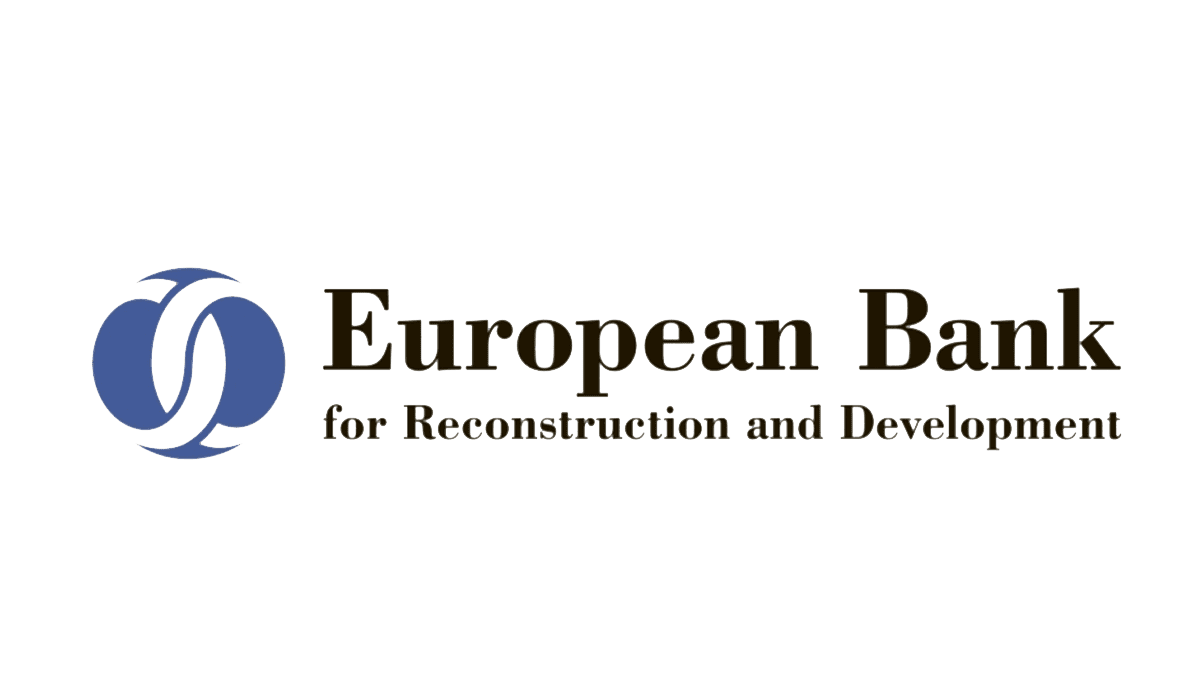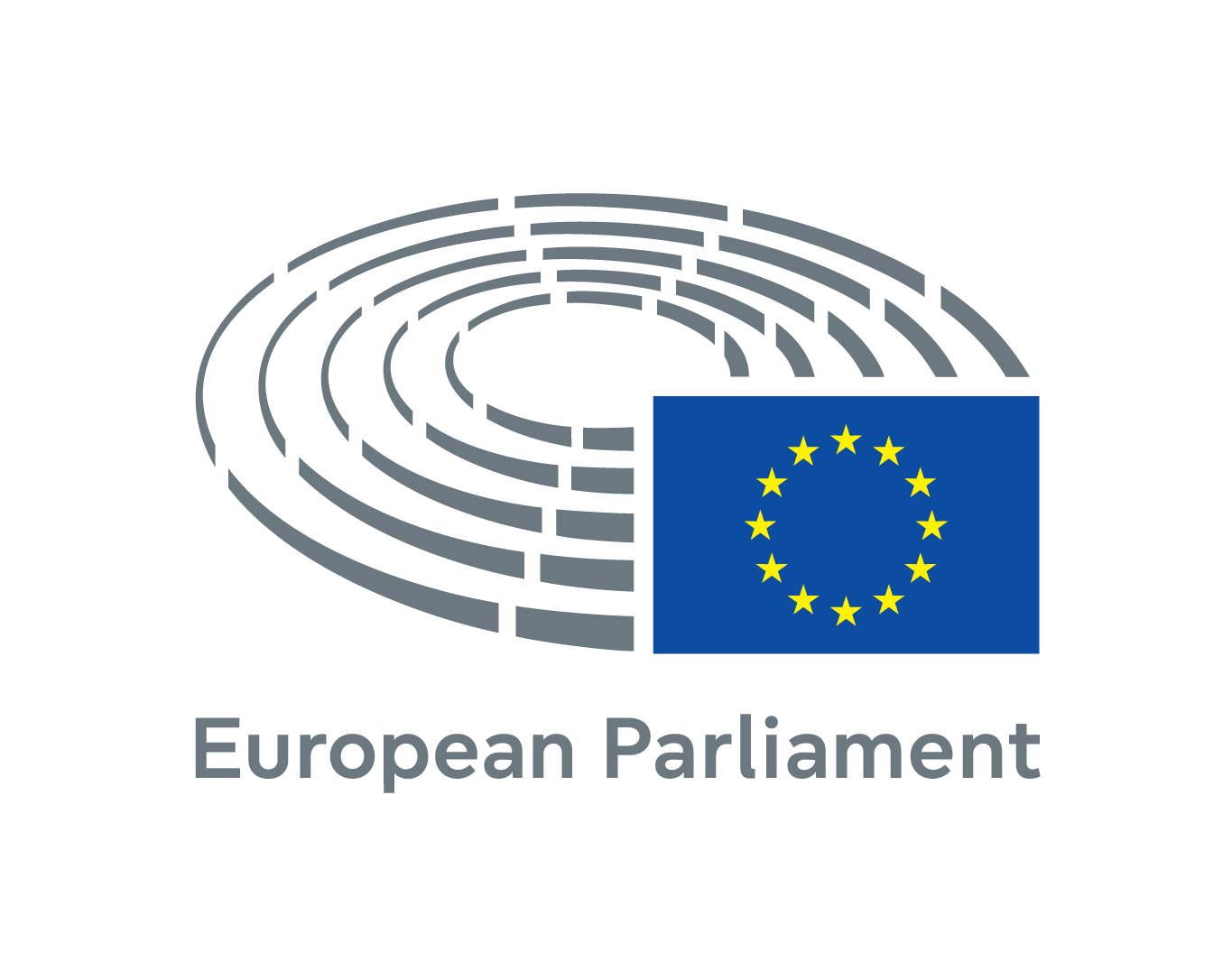EBRD to support expansion of largest windfarm in Africa

The European Bank for Reconstruction and Development (EBRD) is supporting the development and sustainability of Egypt’s renewable-energy sector by extending a US$ 21.3 million loan to Red Sea Wind Energy. The loan will fund the development and construction of a 150 MW expansion to the 500 MW wind farm currently being constructed in the country’s Gulf of Suez region.
European Commission and South Africa launch the Scaling up Renewables in Africa campaign

Today in Rio de Janeiro, on the eve of the G20 Summit, European Commission President Ursula von der Leyen and South African President Cyril Ramaphosa launched the global campaign ‘Scaling up Renewables in Africa' during Global Citizen NOW.
Hearing of Executive Vice-President-designate Stéphane Séjourné

On Tuesday, four parliamentary committees questioned Stéphane Séjourné, French candidate for the Prosperity and Industrial Strategy portfolio.
Hearing of Commissioner-designate Maroš Šefčovič

On Monday, the International Trade and Constitutional Affairs committees questioned Šefčovič, Slovak candidate for Trade and Economic Security/ Interinstitutional Relations and Transparency.
Hearing of Commissioner-designate Jozef Síkela

The Committee on Development questioned Jozef Síkela, Czech candidate for the International Partnerships portfolio, on Wednesday.
The European Union confirms its cooperation priorities with partners around the world are fit for purpose and approves funds for 2025-2027

The European Commission has adopted the mid-term review of the programming of NDICI-Global Europe for Sub-Saharan Africa, Asia and the Pacific, the Americas and the Caribbean, the external dimension of Erasmus+, and for the thematic programmes on Human Rights and Democracy, Civil Society Organisations, Peace, Stability and Conflict prevention, and Global Challenges.
Central African Republic: Council extends the mandate of the EU advisory mission for two years

The Council adopted on October 21st, 2024, a decision extending the mandate of the EU advisory mission in the Central African Republic (EUAM RCA) for a further two years, until 7 August 2026, with a budget allocation of over €24 million for this period.
Commission continues work to deepen trade and investment relations with Eastern and Southern African countries

A European Commission report published on October 18, 2024, highlights the good progress made in recent negotiations to deepen trade and investment relations with five Eastern and Southern African partners.
Global Gateway: EU provides €20 million additional funding towards the Africa CDC-WHO Mpox preparedness and response plan

ADDIS ABABA, 15 October – Jutta Urpilainen, European Commissioner for International Partnerships, has announced an additional €20 million funding towards the fight against Mpox outbreak in the Democratic Republic of the Congo (DRC). This additional funding contributes to the DRC’s Mpox response and supports preparedness against epidemics as part of the EU’s objective to support the strengthening of health systems in Africa. Commissioner Urpilainen discussed the new announcement and coordination needed to tackle Mpox outbreaks with Director-General of the Africa Centres for Disease Control and Prevention (Africa CDC), H.E. Dr. Jean Kaseya.
Commission takes stock of International Partnerships' strategy to enhance resilience at home and abroad

On October 2, 2024, the European Commission has adopted a Communication on “building sustainable international partnerships as a Team Europe,” taking stock of the progress achieved in the field of International Partnerships.




